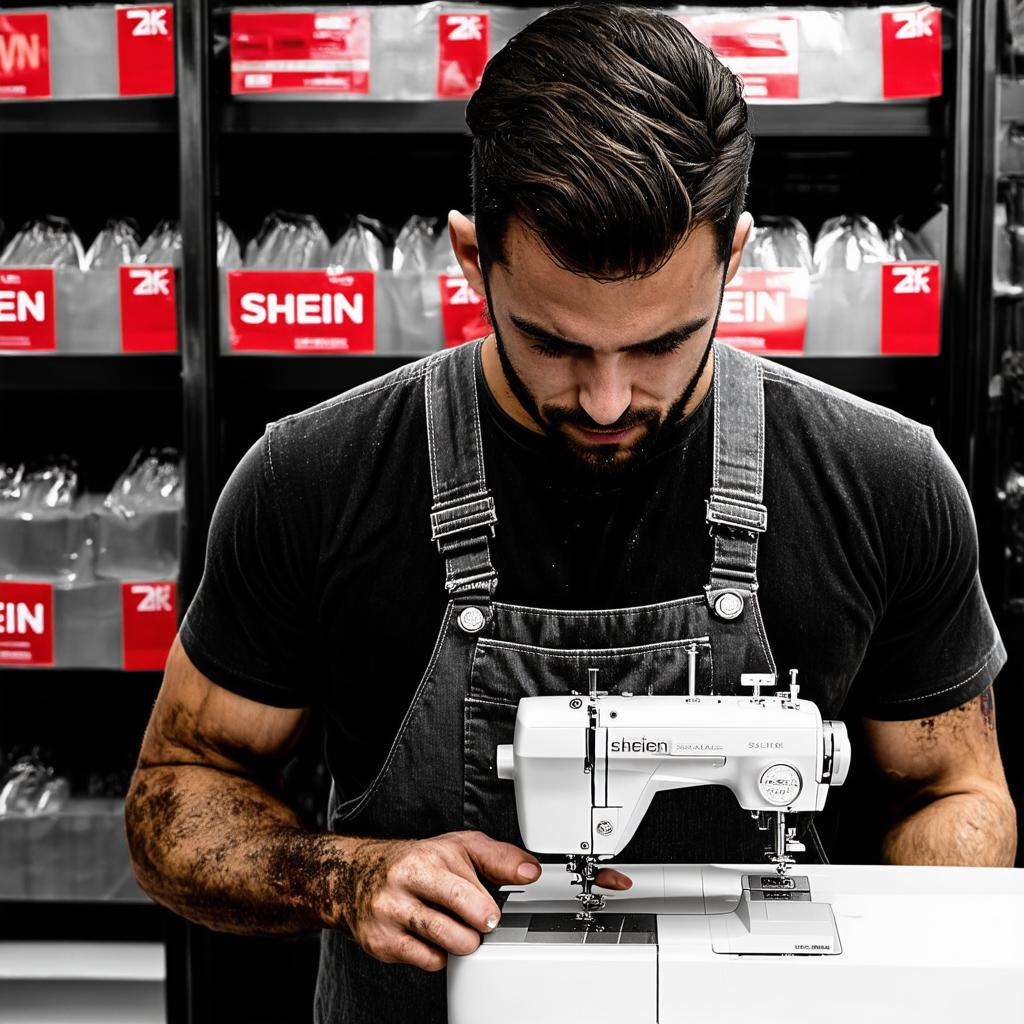Is Shein considered a sweatshop company?

Shein is a Chinese fast-fashion e-commerce company that has gained popularity in recent years for its affordable clothing and accessories. However, there have been concerns about the working conditions of the employees who make these products. This article will examine whether Shein can be considered a sweatshop company based on various factors such as labor practices, wages, and working hours.
Labor Practices
Shein has faced criticism for its labor practices in China. The company has been accused of using child labor, forced labor, and exploitative working conditions. In 2018, a group of workers at one of Shein’s factories protested over unpaid wages and poor working conditions. The workers also claimed that they were not allowed to take breaks or days off and had to work long hours in cramped and unsafe environments.
According to a report by the Fair Labor Association (FLA), Shein has violated several labor standards set by the International Labour Organization (ILO). For example, the company has been found to have excessive overtime hours, which can lead to fatigue and other health problems for workers. Additionally, Shein has been accused of not providing adequate training and support for its employees, which can result in accidents and injuries on the job.
Wages
Another concern about Shein is its wage practices. While the company offers affordable prices for consumers, it has also been criticized for paying its workers low wages. According to a report by the China Labor Watch, many of Shein’s workers earn less than the minimum wage in China, which is currently set at 2,040 yuan ($315) per month. This can result in workers living below the poverty line and struggling to meet their basic needs.

Working Hours
Shein has also been accused of requiring its employees to work long hours, sometimes for up to 72 hours straight without breaks. In some cases, workers have been forced to work during public holidays and weekends, which is illegal in China. These working conditions can lead to fatigue, burnout, and other health problems for workers.
Comparing Shein to Other Companies
It is important to compare Shein’s labor practices to those of other fast-fashion companies operating in China. For example, H&M has been criticized for using sweatshop conditions at its suppliers, but the company has made efforts to improve its labor standards and has signed a code of conduct that outlines its expectations for suppliers. Similarly, Zara has faced criticism for its labor practices in India, where it sources some of its clothing. However, the company has taken steps to address these concerns, such as implementing a code of conduct for suppliers and providing training to workers.
Expert Opinions
According to Dr. Aron Cramer, CEO of BSR, a consulting firm that helps companies improve their sustainability practices, Shein’s labor practices are concerning. “Shein needs to address these issues if it wants to maintain its reputation as a responsible company,” he said. “Customers expect brands to treat workers fairly and humanely, and failing to do so can have serious consequences for a brand’s bottom line.”
Real-Life Examples
One example of the impact of Shein’s labor practices is the case of Liang Jingshui, a worker at one of the company’s factories in China. Liang worked long hours and was not paid overtime, despite working more than 40 hours per week. He also had to work on public holidays and weekends without pay, which violated Chinese labor laws. Liang’s story highlights the challenges faced by many Shein workers who are forced to work in difficult conditions for low wages. Without meaningful reforms to Shein’s labor practices, these workers will continue to suffer from poor working conditions and low wages.